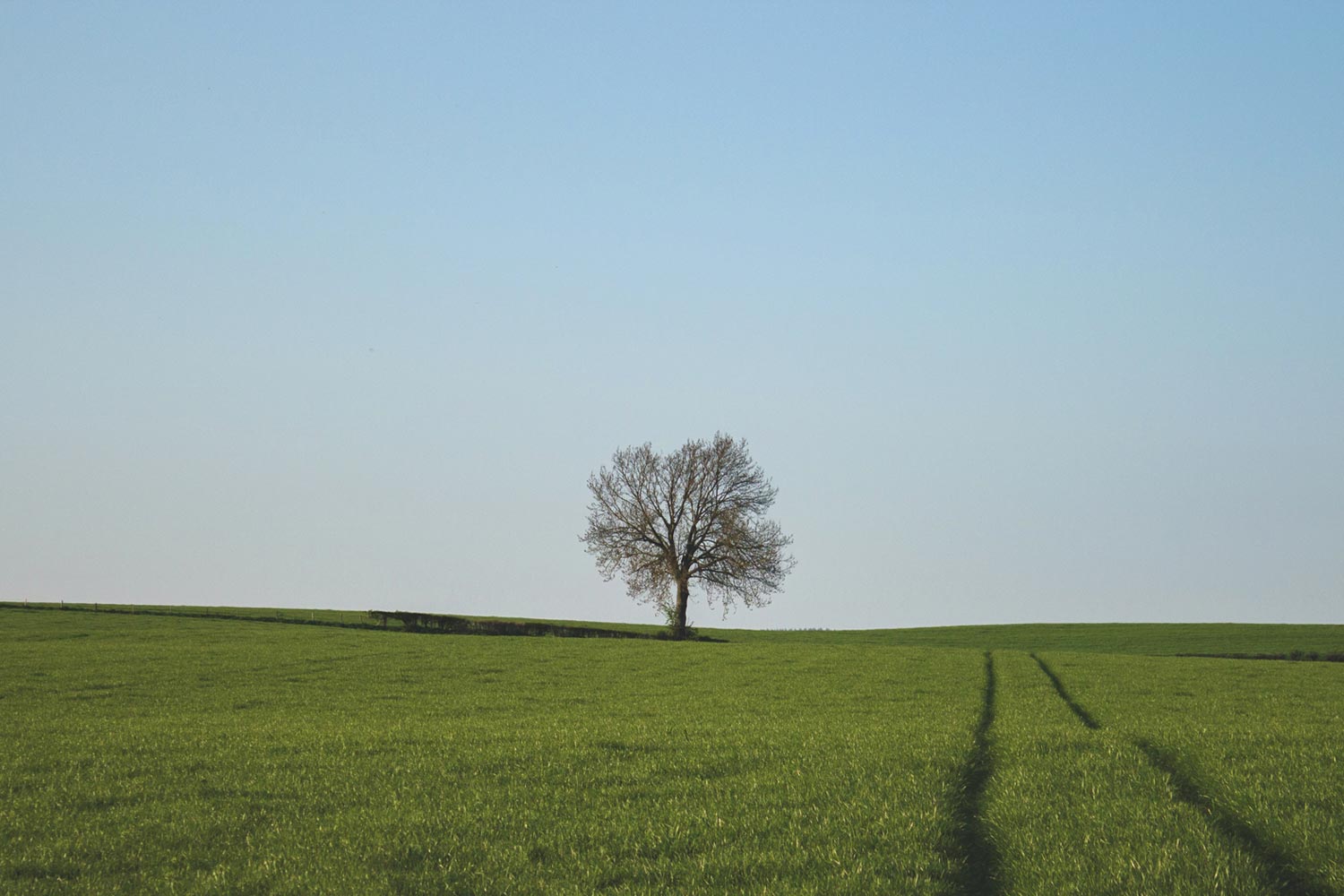What do we do with pain? On individual, relational, social, and cultural levels, do we engage the pain that confronts us, or do we fight it, bury it, and try to run from it? Here, D. Michael Louderback (MACP, ‘13), an analytic psychotherapist, writes about our relationship with that which seems unbearable, and about the complex intersection of psyche and pain.
I remember reading once this bold, exuberant notion that suffering unites us. That on deep, often unknown levels, we are actually drawn to the pain that we witness in someone else. Unconscious seeing of unconscious attraction. Unknown longing of unknown contact. That is, if we are able to let ourselves. That is, if pain has been relatively tolerable for us in our past experiences to be able to witness. More often, mental gymnastics and protections get executed to, in a way, deal with this problem of pain in the psyche. We tell stories. We make excuses. We turn away, become blind. We—in opposition to unification—isolate.
Working in analytic psychotherapy, both as a patient and as a clinician, I’ve been privileged to the innumerable and creative ways the mind copes and defends against pain. Too often in my experience, feeling gets associated with unbearable pain and we become closed. What has the opportunity to inform, to open, to bring together, to teach, gets shut down to preserve the person. Psychic catastrophe averted for psychic life to endure. As a result, we do indeed endure—but our personalities become smaller as a cost.
This is the intersection I’ve become most interested in, most passionate about upon my 2013 graduation—the complicated crossroads of psyche and pain.
For, to talk of suffering, or protective avoidance against suffering, is to talk about what we do with pain. While pain does not define us, it is in my opinion a mistake to think that it does not matter, does not need cared about or faced. Pain, as the Buddha knew, is inevitable. Pain, as Jesus knew, we don’t often know what to do with. The interesting question then beckons, what do we do with pain?
Pain as teacher? Pain as expansive, as conduit, as something to nourish.
Or—pain as obstacle? Pain as blindness, as blockage, as clot.
Psychoanalyst Jeff Eaton wonders what the fate of pain is in every session. What does this particular psyche, this psychological organization, do with pain on a moment to moment basis? Can it be tolerated, better yet, welcomed, long enough for personality to feel united, joined-with someone else? Or, more often, is it evacuated, ditched, abandoned, to try and shield from painful feeling? Pain-full awareness of painful feeling. In you and in me. In my mind and in your mind and in America’s mind and the collective culture and world’s mind. All of us, doing our best to deal with all of our pain in all of the best ways we know how. And not just dark or negative pain, but light and joyful pain as well. The pain of someone’s touch, the pain of the contact of eyes. The pain of a kiss, or a word, so full of tenderness and beauty and kindness, personality doesn’t quite know what to do. Abort or nourish? Fight or Flight? Take in or keep out? This kind of feeling, of pain, can feel too much as well.
It seems to me, then, that is a crucially significant intersection to stand at.
It seems to me, then, that we are talking about our moments, yes ipso facto, our very lives. That, to defend or protect or throw away or become blind to pain means to do these things to our very selves. That, we are our symptoms.
It seems to me, then, that in order to be able to unite and join with the other—we must first be able to do so with our selves.

